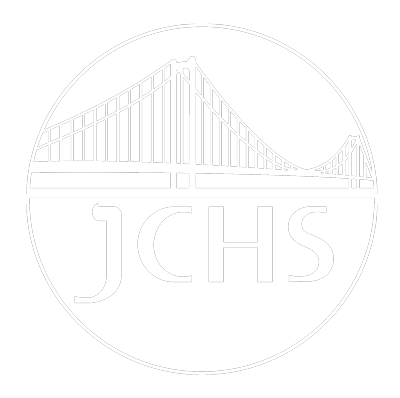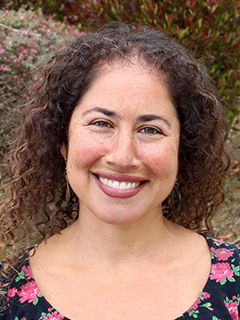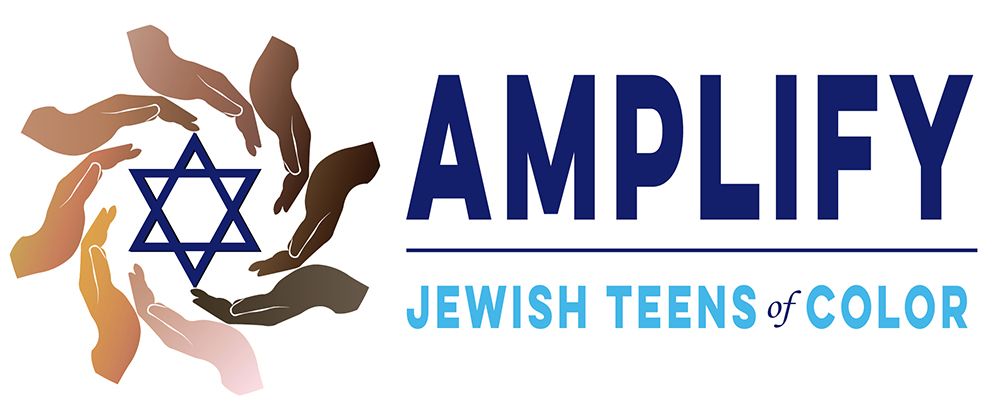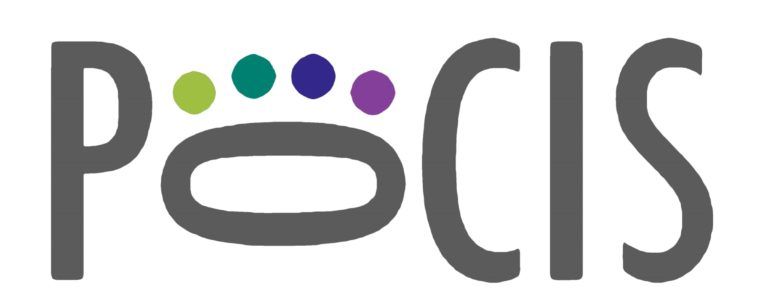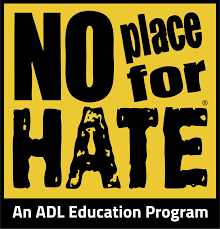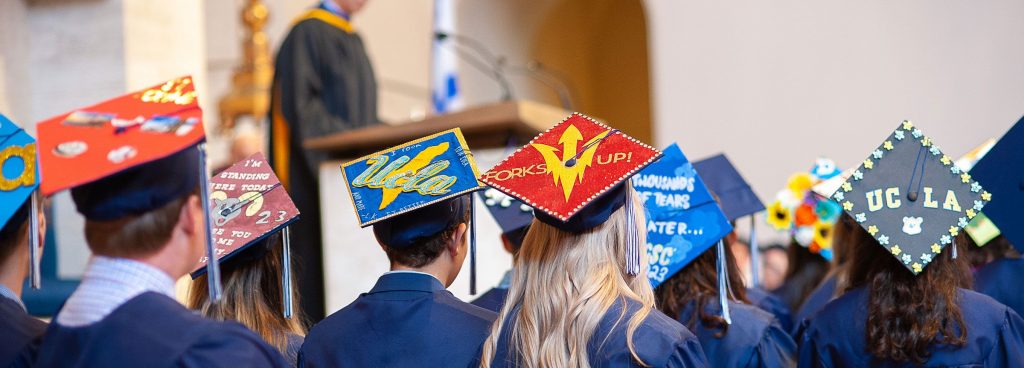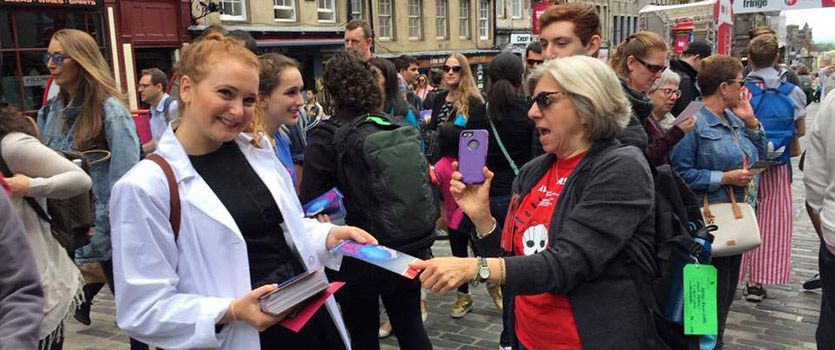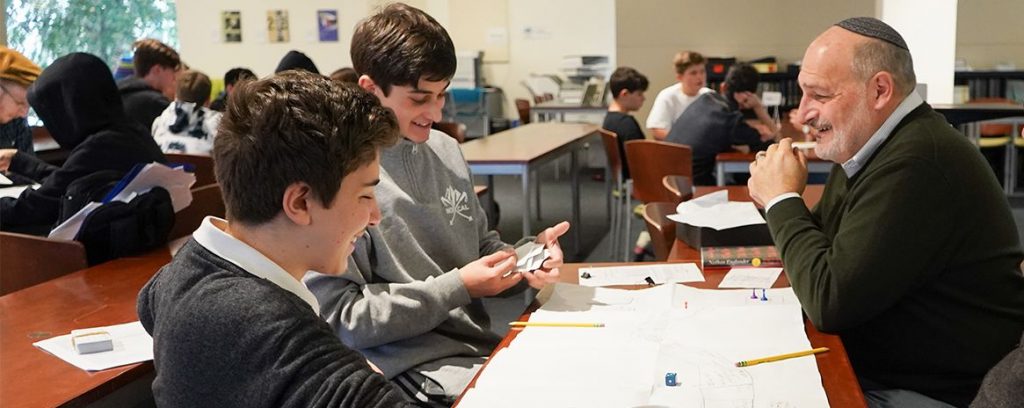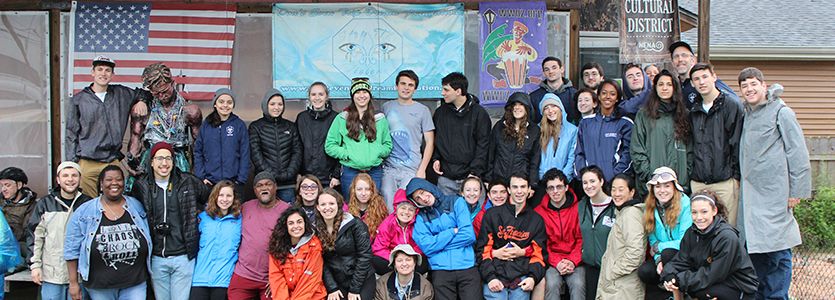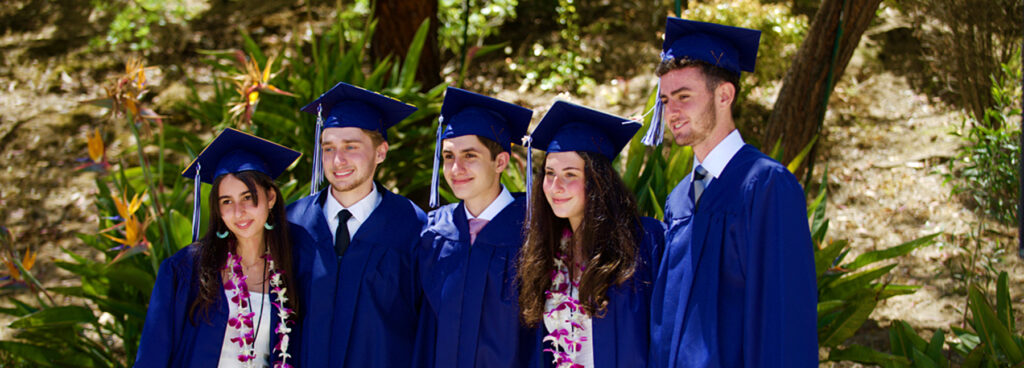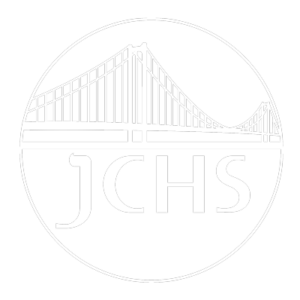Social Justice & Inclusion at JCHS
שבתורה יט: גדול כבוד הבריות שדוחה [את] לא תעשה שבתור
Great is the duty of honouring one’s fellow-creatures, since it overrides Torah prohibitions. (Berakhot 19b)
כבוד הבריות (honouring one’s fellow-creatures) is very highly prized; there is no principle that is more highly prized. The rabbis laid down a cardinal rule: great is human dignity…(Meiri, Bet Habehirah, Berakhot 19b)
The Rabbinic concept of kavod ha’briot, honoring the dignity of every person, is the foundation of JCHS’s approach to inclusion and our deep commitment to social justice education. We are dedicated to supporting positive identity development for every student and fostering respect for the experiences of others. Through formal instruction, spiritual reflection, and student activities, we cultivate a school culture of empathy and principled action.
JCHS is committed to promoting a climate in which each student feels a deep sense of belonging and ownership. We strive to graduate students who are prepared to live and lead in a diverse and complex world.
We enact these values through the following initiatives:
Student Support
The Tzedek Program
- Tzedek, or justice, is a Jewish practice that is focused on changing the systems in place in our society so that there is greater equality and resources for those who need it. The JCHS Tzedek Program strives to give every JCHS graduate the skills, knowledge, and self-awareness to address the root causes of injustice. We seek to include wisdom, perspectives, and narratives from less-represented groups to benefit from the richness they provide as well as illuminate the fullness of humanity. Across disciplines and grades, students have the opportunity to make personal meaning of and engage critically with their learning.
- What does this look like in practice? In Biology class, students explore the history and mythology of races as distinct biological groups. Hebrew 5 students research moments when athletes have engaged in activism. In Spanish 3, students reflect on how people of Latin American descent represent themselves in different communities and navigate power dynamics. Students in Advanced Bible & Commentary study stories featuring female characters as well interpretations by male and female Torah scholars. The 10th-grade English class, called Negotiating Identity, offers students a range of examples of writers reflecting on how they experience their identities in America. These are just some examples.
- In addition to applying a Tzedek lens to choosing texts and sources, faculty look for meaningful ways to create a “tzedek culture” in the classroom. This includes an emphasis on building community among students and giving students meaningful decision-making opportunities. It also means looking honestly at their own implicit biases and taking stock of their own limiting assumptions.
- Our Service Learning program also builds upon Tzedek principles, with dedicated time for students to reflect on their assumptions and experiences related to an issue or target community before, during, and after engaging in service.
Student Advisory Board and Affinity Groups
- Participants in the Student Advisory Board implement anti-bias and diversity education and have a voice in conversations about school policies.
- Among our student-led affinity groups are the POC Club, Gender & Sexuality Alliance, Women’s Debate Club, Russian Club, Mizrachi Heritage Planning Committee, and other identity-based groups.
- Annually a cohort of JCHS students attends the Student Diversity Leadership Conference, a multiracial, multicultural gathering of student leaders to learn strategies for social change.
Professional Community
- The faculty-led Anti-Bias & Diversity Steering Committee advances curricular and co-curricular programming
- JCHS encourages Professional Community growth and development through cultural competence workshops, reading groups, faculty meeting workshops, and participation in conferences that include the People of Color Conference and White Privilege Conference
- In hiring, we explicitly seek out faculty and staff with the knowledge and skills to promote diversity rooted in equity and social justice.
All-School Programs
- We engage in restorative practices all year long in order to strengthen relationships and support a healthy community. We use these practices in a range of circumstances, from building trust to addressing a breach of norms. When a school norm is broken, we engage in a restorative justice approach, informed by the concept of Teshuvah and Principles of Repentance (“Hilchot Teshuvah”) of Maimonides (12th century, Jewish philosopher).
- Through our Dashboard for Equity, we examine student data to determine whether we are academically undeserving particular groups of students based on identity. In addition, we hold student focus groups to learn more about their experiences. We use this data to shift our advising practices, support offerings, and orientation for new families.
- JCHS is the first and only school in the nation to be a partner organization in the Jewish Social Justice Roundtable, which is dedicated to mobilizing American Jews to fight for justice within the United States and to addressing racial justice within themselves as organizations.
- The entire school convenes for weekly assemblies for school-wide learning about local and global issues. We focus on amplifying diverse viewpoints and marginalized voices. Recent assemblies have featured:
- Student Learning Disabilities Panel
- Intersection of Identities
- Undocumented UC Davis Students
- Formerly Incarcerated Community Organizers focusing on restorative justice and re-entry
- Log Cabin Republican
- Moving Beyond the Myth of Masculinity
- Race & the History of the Western Addition
- The Street Sheet: Voices of Those Facing Homelessness in SF
- Modern Day Slavery – a nonprofit organization that aims to end human trafficking
- Axis Dance Troupe – a globally acclaimed ensemble of performers with and without disabilities.
- Interfaith Panel
- Through our neighborhood partnerships with organizations like Mo Magic and The Village Project, we shared faith-based and cultural events throughout the year.
- We sponsor school-wide programs that pro-actively nurture a culture of pluralism and cross-cultural understanding, such as the annual All-School Shabbaton Retreat and our daily Tefillah (prayer or reflection) program (ranging from traditional, liberal, and egalitarian to more creative approaches, including art, journaling, and yoga.)
The Community Engagement program at JCHS exposed me to social and economic injustices in local communities such as the Western Addition. That inspired me to play a bigger role in my community and help those who are struggling. JCHS taught me how to transform an awareness of an injustice into a mission to right that injustice.
-Boris Shkurko ’13
